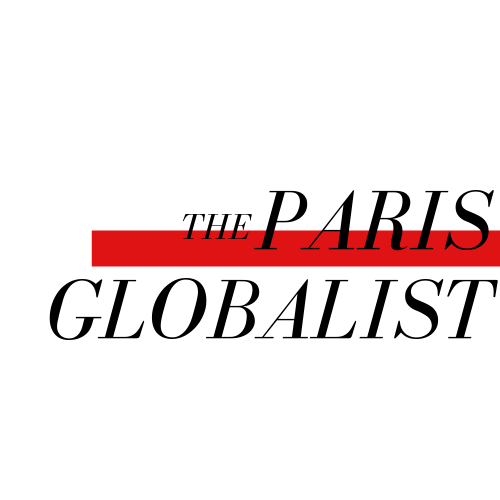By Marco Funk
When Mena Kenawy applied for an undergraduate exchange year at Sciences Po, the dust from her country’s recent revolution was just starting to settle. Tahrir Square was no longer occupied, a man named Mubarak was no longer in charge and it seemed as though Egypt was finally moving in the right direction. In short, it was not a bad time for Kenawy, who is pursuing a Bachelor’s degree in Political Science at Cairo University, to carry on with her education and experience life abroad after having witnessed months of popular protest, violence, political uncertainty and repression at home.
Kenawy was accepted for the exchange year in November of last year, but by then the situation in Egypt had deteriorated again. Mass protests had come back to Tahrir Square, and people were killed once more. The springtime protesters returned to the streets to defend a revolution they believed the ruling military transition government had betrayed. Kenawy had the opportunity to flee the unrest and watch events unfold from the comfort of a Parisian Grande École, but she decided to stay in Egypt and deferred her entry into Sciences Po to the following semester. Instead of coming to Paris in January 2012, she could come after the presidential elections in September,,which she hopes will produce a government that truly respects the revolution’s ideals.
The decision came naturally to Kenawy. A fierce supporter of democratization, she could not imagine being away from her country during such a critical period. Kenawy had already determined that the Egyptian military had used the revolution for its own purposes after the Israeli embassy incident of September 2011, when Egyptian troops stood aside as hammer-wielding thugs ransacked the embassy, only to intervene at the last moment to rescue Israeli guards trapped inside. The November protests on Tahrir Square finally became too much, and convinced Kenawy that she could not leave for Sciences Po as planned.
“The military government is only the extension of Mubarak’s regime,” said Kenawy in defense of her decision to stay in Egypt and support the protest movement. “They are using the revolution!” she decried.
In the months following the Tahrir Square protests, Kenawy periodically participated in marches and gatherings that she heard about through friends. These events were almost always spontaneous and rarely well organized, so any advance warning was very short and came through informal channels like Facebook, Twitter or word of mouth. Some protests were better organized, such as a student march to Tahrir Square that Kenawy’s fellow students at Cairo University organized in January.
Kenawy’s father, who works for the Egyptian government, strictly forbid her from participating in such demonstrations, but she continued to attend events secretly and even helped with planning on one occasion. In February, she was forced to tell her parents that she was involved in organizing a joint student march with other universities after she received death threats from strangers. With tensions in the family running extremely high, Kenawy did not dare participate in further events until recently, when she marched together with other women to criticize the lack of female representation in parliament and the mistreatment of women by the military during and since last spring’s revolution.
Kenawy feels validated in her decision to stay at home to participate in the anti-military protest movement, especially after the February 1st football stadium riot that left 74 people dead in Port Said. According to Kenawy, the military regime orchestrated the riot symbolically on the one-year anniversary of the day Mubarak supporters stormed Tahrir Square on camels to send a message to political opponents and to justify the extended use of emergency powers. According to Kenawy, this incident can be regarded as a turning point at which the majority of popular opinion turned against the military regime. As such, she thinks that participating in protests keeps up the momentum of the anti-military movement and maintains the pressure level on government leaders.
Despite the immense difficulties of the present, Kenawy is optimistic that the situation in Egypt will improve after presidential elections in May. She hopes to be able to attend Sciences Po in September but said that she would have to reconsider coming if something serious happens. “I really hope that nothing will happen because I really want to come to Paris,” she said.
Coming to Sciences Po will be a welcome break from a harsh reality back home. According to Kenawy, life in Cairo is very hard at the moment. The economy is stagnating, prices for food, water and electricity are increasingly unaffordable and there is a lot of crime. “If you go out alone, most likely you’ll either get kidnapped, raped or mugged,” she said. Perhaps the biggest difficulty of all is the fact that the current situation does not allow her to have a normal social life. Kenawy hasn’t been able to go out since the revolution started over one year ago.
So when will normality return to Egypt? “I think that will happen in 10 years,” replied Kenawy.

